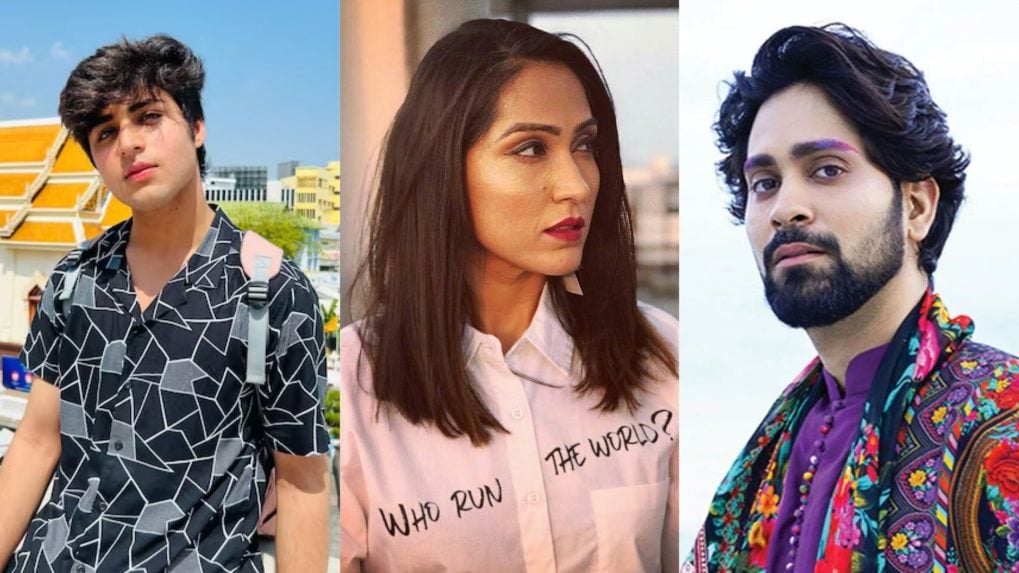These creators reject betting ads despite 3x payouts - here’s why
In a digital age where virality meets viability, popular content creators Ankush Bahuguna, Shibani Bedi, and Raj Grover unpack why they refused lucrative betting ads, prioritizing integrity over income. Watch in our Storyboard18's Media Dialogues.
ADVERTISEMENT
The creator economy is booming, with India's content creators standing at the forefront of this global digital revolution. But as the landscape evolves, so do the ethical dilemmas that creators must navigate. In a candid discussion with Storyboard18's Editor, Delshad Irani, popular creators - Ankush Bahuguna, Shibani Bedi, and Raj Grover reveal why they chose to forego betting ads, despite the substantial financial incentives.
Also Read: Registration, Scrutiny, Enforcement: Playbook to tackle offshore betting surge
The lure of lucrative deals
The burgeoning betting industry has increasingly targeted content creators, offering lucrative deals to promote their platforms.
Raj Grover noted, "Many betting apps, many of them. They pay a lot. Double, triple money to promote that product." The financial allure is undeniable, yet these creators have drawn a firm line.
Standing firm on principles
For Bahuguna, the decision was personal, "I don't think I would want to associate with any gambling and betting, because I don't do it in my real life, and it's definitely not something I would like to promote to my audience."
His sentiment was echoed by Bedi, who cited the "social responsibility aspect" as a reason for her refusal. "I think everybody takes those calls on a personal level, but it also depends on which stage you're at," she explained.
Grover also highlighted the responsibility he feels towards his young audience, "Everybody knows that my audience involves kids. I can't just promote something which the kids would use and then their families would turn up on me and everything."
Also Read: Influencers, celebs fuel online gambling crisis, says Maharashtra government
The ethical considerations
The creators expressed how crucial it is to maintain authenticity and credibility with their followers. "Our audience or creators or content creators are who they are because of their authenticity and maybe reflecting society through their content," Bedi explained.
The pressure to remain genuine is compounded by the interactive nature of social media, where audiences can directly critique creators.
Navigating the commercial landscape
While the refusal of betting ads reflects a commitment to ethical standards, it also highlights the evolving relationship between creators and brands.
Bahuguna shared insights into this dynamic, "There's no gatekeeping fame anymore. Anybody can become a key opinion leader now." This democratization means creators can have substantial influence, but with that comes the responsibility to choose partnerships wisely.
The path forward
Despite the challenges, these creators remain optimistic about the future. They acknowledge the need for balance between commercial success and personal integrity.
As Grover succinctly put it, "We don't want a 90-10 ratio. We just want 60-40. Listen to us, 60, and then we'll be great."
As the creator economy continues to grow, the decisions made by Bahuguna, Bedi, and Grover set a precedent for others in the industry. They demonstrate that while financial gain is significant, it should not come at the expense of one's values and the trust of their audience. This commitment to authenticity ensures they remain not just content creators, but trusted voices in a rapidly changing digital world.
Also Read: Opinion Trading platform is betting and gambling: MC Sarangan of TNOGA at Storyboard18 DES 2025
Watch the whole episode here


